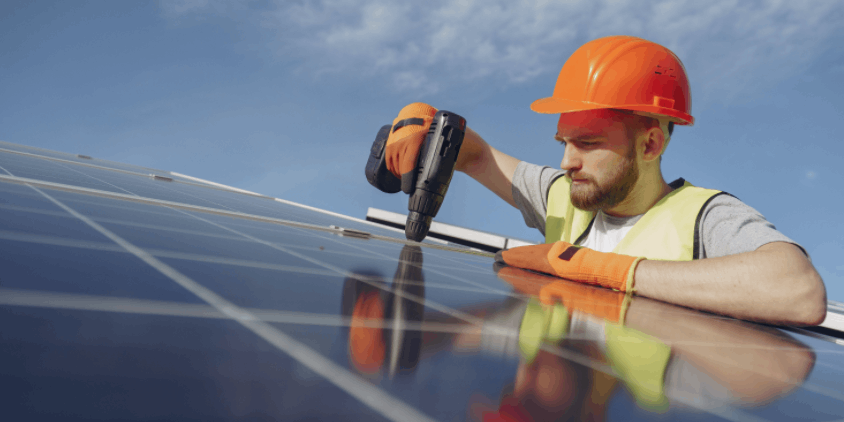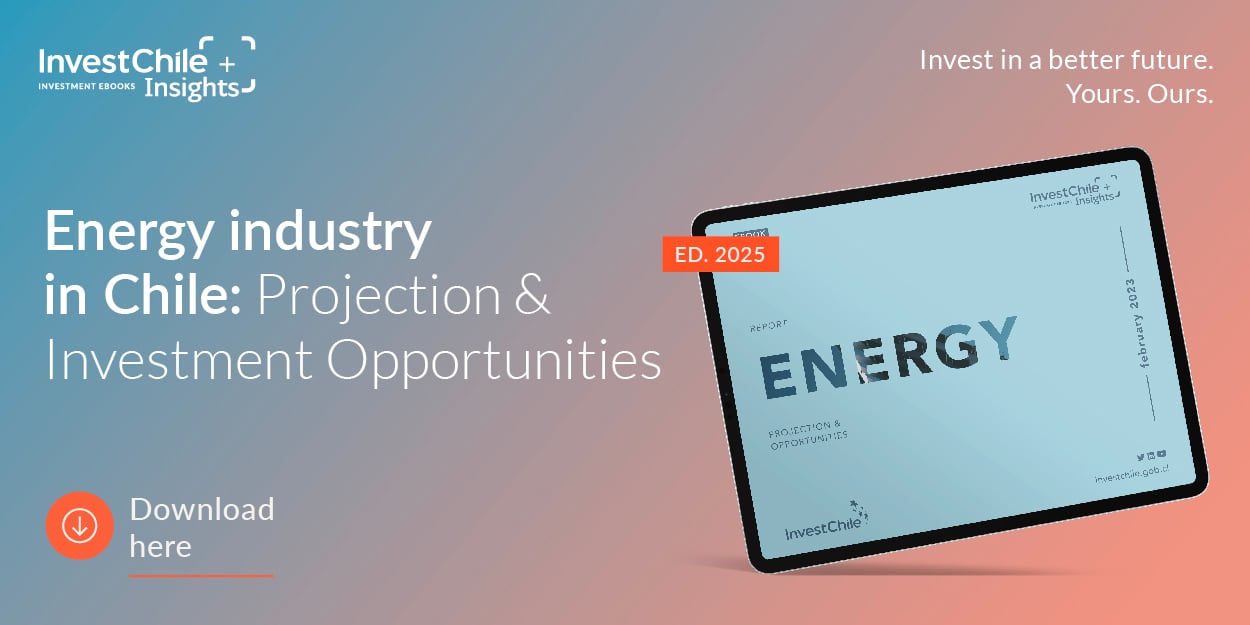Although Chile is the international poster child of investment in photovoltaic solar energy, solar panels are still not widely used in buildings, houses and public places. The government and the private sector are bent on changing this.

According to the latest Climatescope published by Bloomberg New Energy Finance (BNEF), developing countries like Chile, Mexico, Brazil and Pakistan have doubled their installed capacity of photovoltaic panels over the past year when, moreover, Chile led Latin America on investment in renewable energies.
However, using the metaphor of the economy, these are the macroeconomic figures, corresponding mostly to investment in large photovoltaic plants. But what happens at the level of buildings (public or private), schools, hospitals, neighborhoods, condominiums and private homes? Both the government, municipalities and private companies - mainly in the real estate sector - are increasingly involved precisely in projects to boost household energy self-consumption.
Although household-suitable photovoltaic solutions have existed for more than two decades, investment in them has not grown as it could have in a country with the planet’s highest radiation. Over the past decade, the cost of photovoltaic cells and panels has, moreover, dropped by 70%.
The first steps to hasten self-consumption using non-conventional renewable energies (NCRE) and, principally, photovoltaic energy, began with the Distributed Generation Law (Law N° 20.571) which, in October this year, will have been in force for four years. Also known as the Net Billing or Net Metering Law, it allows users to sell their excess energy directly to the electricity distributor at a regulated price. It has, however, not had the widespread impact that was hoped for.
Another law, Law N° 20.897, holds out new hope. It introduces improvements to Law N° 20.365, extending the period for a tax incentive for the installation of thermal solar energy collectors in houses and other buildings.
“We need to modify this law to eliminate the word “thermal” and leave only “solar energy” as a whole so that it also serves as a tax incentive for photovoltaic solar energy since it would continue to be governed by Law N° 20.571,” says Peter Horn, CEO of Heliplast, a renewable energy solutions company. “In that way, construction companies would be able to offer sustainable housing with both solar energy systems, with the benefit of being able to set the cost of installing On Grid systems on the roofs of houses and other buildings against profits. Clients would pay for the system together with their mortgage repayments,” he adds.
The government’s vision
One of the new government’s focuses as regards energy will be precisely on encouraging self-consumption and, hopefully, more mass use of NCRE in houses and both public and private buildings. Within the next few weeks, it will, indeed, be launching a self-consumption website, targeting all potential household, commercial and industrial clients interested in implementing projects of this type. “They will be able to find information about how the technologies work, the applicable regulation, forms of financing, examples of projects that have been implemented, related news and so on,” says Energy Minister Susana Jiménez.
The government will, in addition, be seeking to make available specialized financial instruments for self-consumption projects, adds Minister Jiménez. “There is already a credit for self-consumption with NCRE and energy efficiency for small businesses and later the aim is to have similar mechanisms and credits for individuals for self-consumption and energy efficiency,” she says.
Nicolás Sanhueza, project manager at Tritec-Intervento, the company responsible for large solar panel projects in public buildings such as the Rancagua Regional Hospital and the Teletón Building in Iquique, recognizes the growing interest on the part of the state. “We hope that the new government will continue on this road, particularly now we are demonstrating we can be leaders in the region,” he says.
Enthusiasm in real estate companies
Real estate developers and construction companies also take a positive view of the possibility of increasing the offer of projects that include photovoltaic panels. Andrés Ergas, commercial manager of Ralei Development Group (RDG), explains that the installation of solar panels permits significant savings on both the internal consumption of each apartment and condominium charges. “If we look at it in figures, we estimate that an apartment of the same characteristics but without these elements should be paying between 30% and 40% more than the apartments we are building, considering internal consumption and condominium charges, especially between October and April,” he says.
But is this something that the market is currently demanding? According to Enrique Joglar, development manager of the Indesa real estate company, energy saving or the use of solar energy has become a transversal demand. “People are informed and, regardless of whether they have more or less resources, they are not willing to forego savings on monthly costs and maintenance, knowing also that they are collaborating with the environment. Little by little, awareness has been generated,” he says.
However, at Heliplast, Horn takes a different view. “Real estate companies ask us questions and request estimates but, despite the low price of photovoltaic modules, when they see the cost and that it will take over 12 years to recover the investment, they go off the idea,” he concludes.
But the mass use of photovoltaic energy may be just around the corner. A study by the World Economic Forum indicated that, over the next five years, the world will incorporate 70,000 solar panels each hour.
Source: Pulso



%2017.11.51.png)

